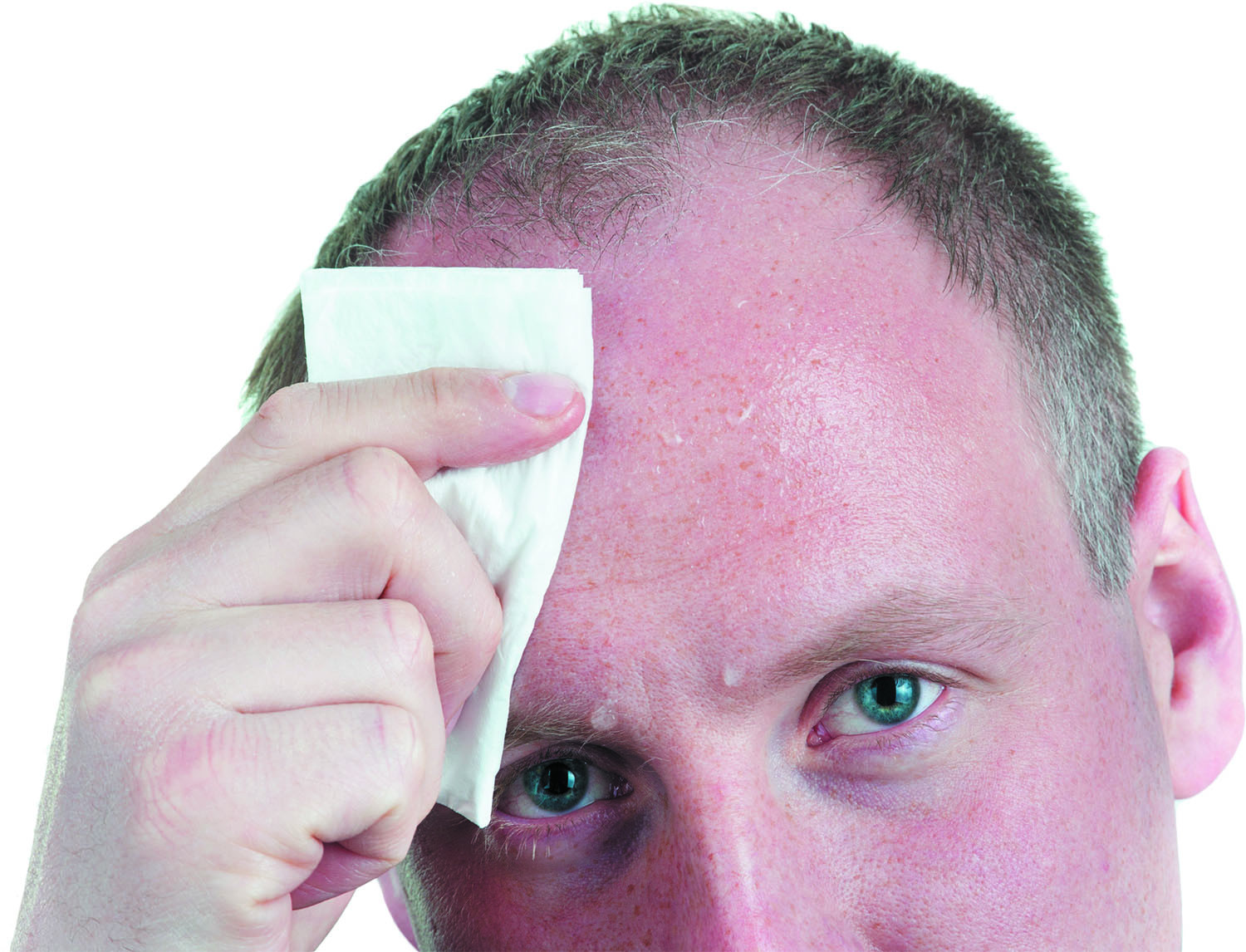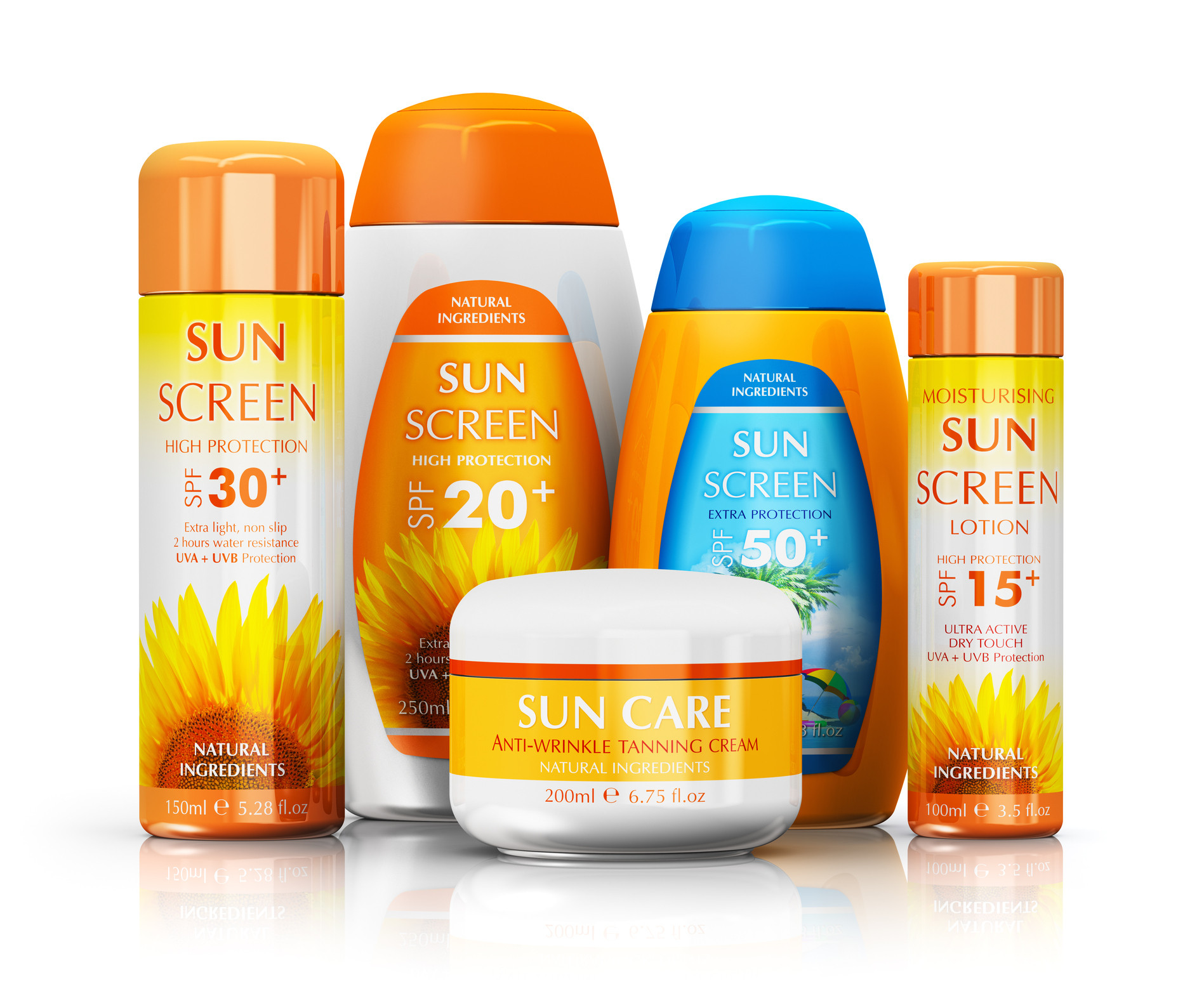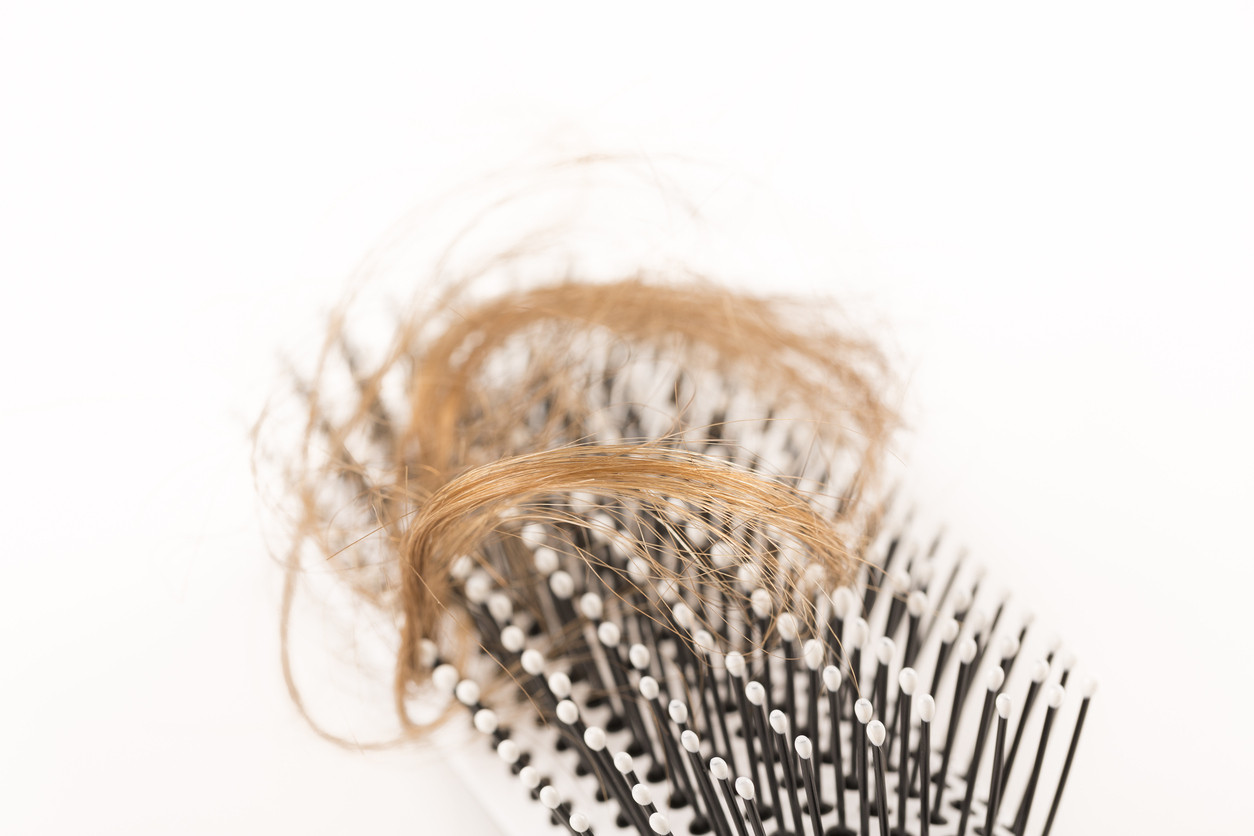
Wildfires: How to cope when smoke affects air quality and health

What can magnesium do for you and how much do you need?

Dry socket: Preventing and treating a painful condition that can occur after tooth extraction

What happens during sleep �� and how to improve it

How is metastatic prostate cancer detected and treated in men over 70?

Could biofeedback help your migraines?

What is autism spectrum disorder?

Plantar warts: Options for treating this common foot condition

Cancer survivorship: What comes next after treatment

Nutritional yeast: Does this savory, vegan seasoning pack a nutritional punch?
Skin and Hair Archive
Articles
How clean should your skin be?
Soaps that strip away microbes aren't good, but it may be too soon to try products that add bacteria back.
You may have noticed that antimicrobial skin cleansers have disappeared from the shelves. In September 2016, the FDA ruled that over-the-counter antiseptic soaps and wash products containing triclosan, triclocarban, or 17 other antimicrobial agents could no longer be marketed because their manufacturers didn't demonstrate that the ingredients were both safe and effective in preventing the spread of infections. Moreover, the widespread use of antimicrobials is thought to promote the growth of antibiotic-resistant bacteria, like methicillin-resistant Staphylococcus aureus (MRSA), which can cause infections that are difficult to treat and even life-threatening.
You may also have noticed some new sprays, creams, and lotions whose purpose is just the opposite. Rather than eradicating microbes from our skin, these products, called probiotics, are designed to aid the growth of certain beneficial skin bacteria.
When is heavy sweating a problem?
On call
��Image: © EunikaSopotnicka/Thinkstock
Q. I've noticed recently that I sweat excessively, regardless of the temperature. Should I be concerned?
A. Your genes can determine whether you sweat a lot, but a sudden change in your regular sweating may suggest an underlying condition. Sweating is regulated by your nervous system and can be triggered by a number of causes. The primary signal for perspiration originates in the brain in response to a temperature-related or emotional cue, and then is carried by the autonomic nervous system to the sweat glands in the skin.
Why do I lose a lot of hair each fall?
Ask the doctors
Q. I have fairly thick hair in the summer, but it seems to thin out in late fall. Is there anything I can do now to prevent losing hair in a few months?
A. Sadly, no. What you've experienced is common to all of us. On average, about 90% of the hairs on our heads are in the growing phase and about 10% are in the resting phase. After a few months in the resting phase, the hairs are shed. It's normal to shed up to 100 hairs a day.
What is the best way to treat severe dandruff?
On call
Q. I have had a dandruff problem for years. I have tried selenium and zinc shampoos, as well as ketoconazole shampoo. Nothing has worked. Are there other options?
A. Dandruff, which is a chronic skin condition known as seborrheic dermatitis of the scalp, can range from a minor irritant to a severe rash of the entire scalp.
Ask the doctor: Does psoriasis raise diabetes risk?
Some experts feel there is evidence that probiotics may help prevent or treat several conditions, such as inflammatory bowel diseases, travelers’ diarrhea, irritable bowel syndrome, and some allergies (particularly eczema).
When You Visit Your Doctor Acne
Acne
Questions to Discuss with Your Doctor:
- At what age did your problem with acne begin?
- Do you have blackheads, whiteheads, pustules, or cysts?
- If so, what areas are involved: your face, chest, back?
- What is your skin-care routine?
- What products do you use? Do any of them help?
- What medications have you tried (e.g., benzoyl peroxide, Retin-A, antibiotics, Accutane)?
- If you are female, does your acne get worse around the time of your menstrual period and do you have regular menstrual periods?
- What medicines do you take, including over-the-counter medicines and birth-control pills?
- Have you been developing extra body or facial hair?
Your Doctor Might Examine the Following Body Structures or Functions:
- Skin exam
Your Doctor Might Order the Following Lab Tests or Studies:
- Blood tests (liver function tests, cholesterol, or if you are female, perhaps a pregnancy test if you are taking the medicine Accutane)
When You Visit Your Doctor - Rash
Rash
Questions to Discuss with Your Doctor:
- How long have you had the rash?
- Where did it start?
- Has it spread?
- Is the rash only on parts of your skin that have been exposed to the sun?
- Does it itch or hurt?
- Is the rash red, pink, or purple?
- Is the rash smooth or bumpy?
- Have you had sores in your mouth, eyes, or other mucous membranes?
- Have you had blisters on your skin?
- Have you had trouble breathing?
- Have you had a fever?
- Have you symptoms of an upper respiratory tract infection (for example, a cold)?
- Have you had vomiting or diarrhea?
- Are you taking any prescription drugs, over-the-counter drugs, herbs, or supplements? Did you start any of them in the past two months?
- Have you had any new exposures to foods or chemicals?
- Any exposure to insects?
- Have you had any recent sun exposure?
Your Doctor Might Examine the Following Body Structures or Functions:
- Temperature
- Examination of your skin, mouth, eyes, mucous membranes, lymph nodes, liver, and spleen
Your Doctor Might Order the Following Lab Tests or Studies:
- Skin scrapings for microscopic analysis or culture (if the rash looks infectious)
- Complete blood cell count or other blood tests (if you appear sick or have a fever)
- Skin biopsy
When You Visit Your Doctor - Shingles
Shingles
Questions to Discuss with Your Doctor:
- Do you have a history of chicken pox?
- Does your skin hurt, itch, or feel numb?
- Is the pain sharp, dull, or piercing? How long have you had it?
- Do you have a rash? If so, for how long?
- Is the rash in more than one place on your skin?
- Is the rash on one side of your body only?
- Has the rash at any time looked like small blisters?
- Do you still have pain even if the rash is gone?
- What triggers the pain (for example, a light touch)?
- Do your symptoms interfere with your ability to sleep or perform activities of daily living?
- Are you taking any medications?
Your Doctor Might Examine the Following Body Structures or Functions:
- Skin exam almost always confirms the diagnosis
Your Doctor Might Order the Following Lab Tests or Studies:
- Skin scraping to examine under the microscope, or for viral culture, immunofluorescence, or polymerase chain reaction testing (rarely needed)
Benefits of moderate sun exposure
Dr. Robert S. Stern, chair of the Department of Dermatology at Harvard-affiliated Beth Israel Deaconess Medical Center , calls them "solar-phobes": people so concerned about getting skin cancer that they stay inside or cover every bit of skin. "They cover up like they were going out into the Arabian Desert ," he says. The marketing of ultrablocking sunscreens and special sun-protective clothing plays into these fears.
There's no getting around the fact that sunlight is hard on your skin. Age gets blamed for wrinkles and rough, dry skin. But the real culprit is a combination of age and sun that dermatologists call photoaging. The short UVB wavelengths that cause sunburn can also damage DNA and suppress the skin's immune system. The longer, more penetrating UVA wavelengths may create highly reactive oxygen molecules capable of damaging skin cell membranes and the DNA inside.

Wildfires: How to cope when smoke affects air quality and health

What can magnesium do for you and how much do you need?

Dry socket: Preventing and treating a painful condition that can occur after tooth extraction

What happens during sleep �� and how to improve it

How is metastatic prostate cancer detected and treated in men over 70?

Could biofeedback help your migraines?

What is autism spectrum disorder?

Plantar warts: Options for treating this common foot condition

Cancer survivorship: What comes next after treatment

Nutritional yeast: Does this savory, vegan seasoning pack a nutritional punch?
Free Healthbeat Signup
Get the latest in health news delivered to your inbox!
Sign Up







